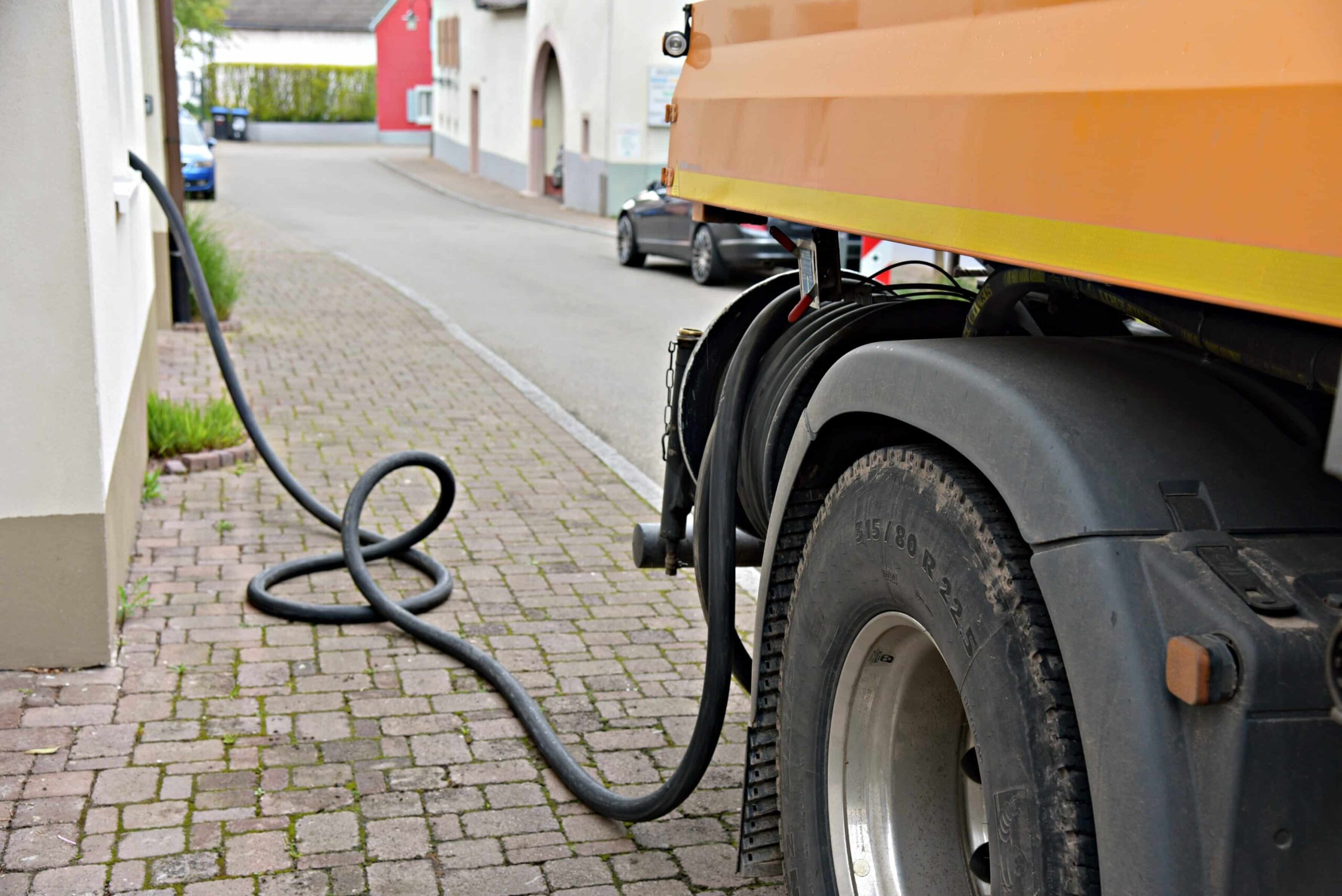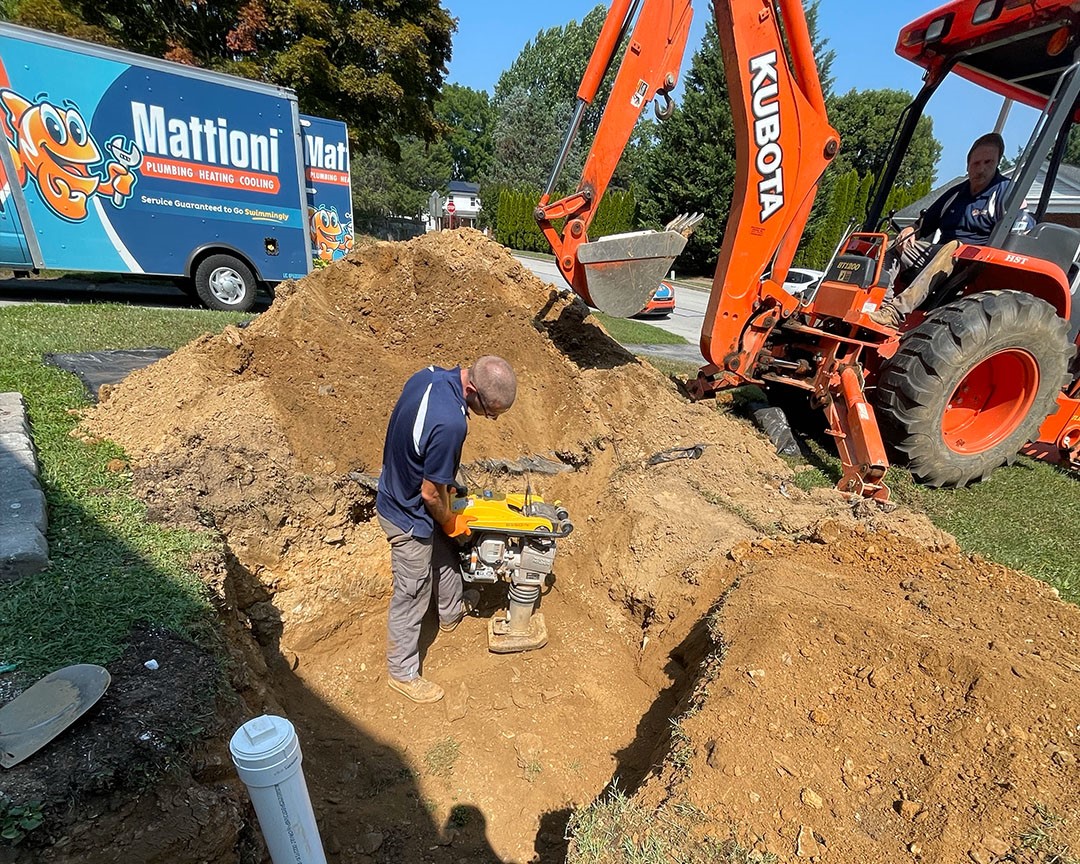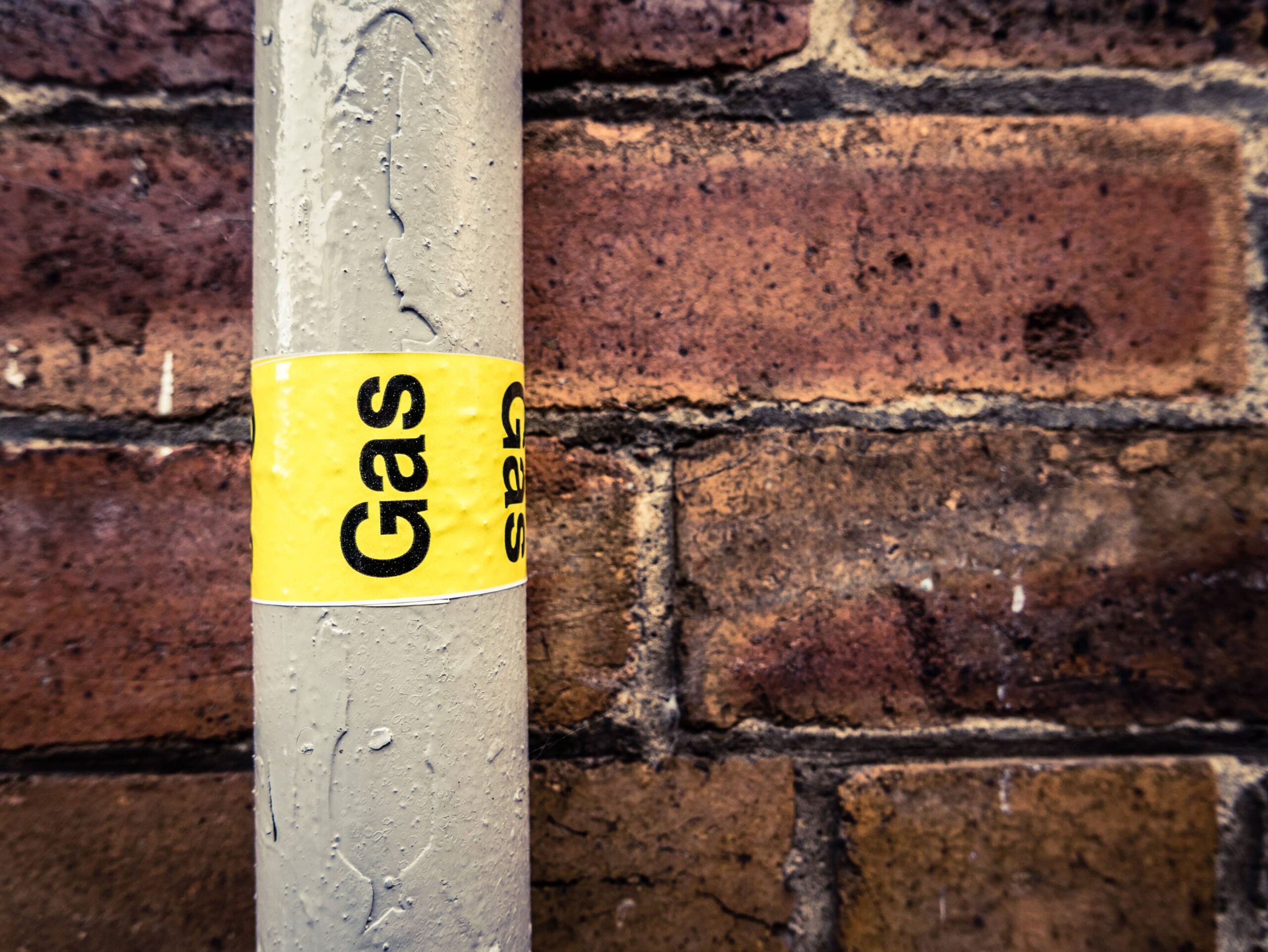|
Getting your Trinity Audio player ready...
|
Are you choosing between oil and propane to keep your home warm this winter? Understanding the differences between the two can be crucial as it’ll impact your comfort, energy efficiency, long-term costs, and more.
Oil and propane are the two most popular fuels for any homeowner without access to natural gas, the standard urban choice, to evaluate.
At Mattioni, we’ve been helping homeowners navigate these situations for over 75 years. With thousands of furnace installations under our belt, we know the unique advantages and challenges that come with relying on both oil and propane.
We’re here to guide you through all the pros and cons of oil and propane furnaces, and what factors are the most important to consider when deciding which system to choose.
Whether you’re looking to upgrade your current system or install a new furnace, this article will help you make an informed decision in your specific situation.
Functional Difference Between Oil and Propane Furnaces
Before exploring the specific pros and cons of using oil and propane as the fuel sources for your furnace, it’s important to understand how the two types of heating systems function, and the climates they’re best suited for.
How Oil Furnaces Work
The heating process of oil furnaces begins with oil being delivered to your home from an energy company via truck and stored in a large tank, usually located in your basement or outside the house. Oil is pumped from the storage tank to the burner, where it’s atomized into a fine mist and mixed with air within the system.
This mixture is ignited in the combustion chamber, creating heat that’s transferred via the heat exchanger, which then facilitates the warm airflow that’s circulated throughout the home’s ductwork and into your living space.
Oil furnaces tend to be the most popular in rural areas of colder climates, where the availability of other heating options like natural gas might be limited. The Northeast US, for example, has a higher concentration of oil furnaces due to historical availability and the region’s harsher winters.
How Propane Furnaces Work
Propane furnaces, like oil-based heating systems, require an on-site storage tank and fuel deliveries from an energy company. The propane is vaporized and fed into the furnace’s burner, where it’s then ignited to produce heat that’s distributed to the rooms in your house.
Propane furnaces are especially common among homeowners without access to natural gas, who are looking for a cleaner alternative to oil. Propane’s efficiency makes it a popular choice for homes off the main energy grid.
Pros of Oil Furnaces
1. Higher Energy Output
One of the significant benefits of oil furnaces is their ability to burn fuel hotter than propane. This higher heat intensity makes oil furnaces particularly effective in colder climates, where maintaining a warm and comfortable indoor temperature requires more robust heating.
The strong heat output of oil furnaces ensures that even during the harshest winters, your home remains cozy.
2. Longer Equipment Lifespan
Oil furnaces are known for their durability and longevity. Their hefty construction, combined with the fact that they typically run less frequently due to their high heating output, means they endure less wear and tear over time.
With proper maintenance, oil furnaces can easily last over 20 years, offering long-term reliability and value for homeowners.
3. Independence from Utility Grids
Oil furnaces don’t depend on access to a public utility pipeline, since they rely on stored fuel. This autonomy means they’re an option in any home, regardless of how remote your area is.
The ability to store fuel on-site provides a reliable heating source, regardless of utility service availability or disruptions.

Cons of Oil Furnaces
1. Higher and More Volatile Fuel Costs
Heating oil is typically more expensive than propane, and its cost is highly volatile as it’s impacted by shifting global markets and supply conditions. Prices can fluctuate significantly, leading to unpredictable utility bills that can strain budgets without notice, especially during periods of high demand or supply disruptions.
2. Storage and Maintenance Requirements
Oil furnaces require an on-site storage tank, which takes up space in your basement or yard and can be visually unappealing.
These systems also demand regular maintenance to help prevent issues like leaks and contamination. While all heating systems need routine care, oil furnaces are particularly dependent on consistent maintenance schedules and are more likely to develop problems if neglected.
Additionally, homeowners must regularly monitor fuel levels to avoid running out during the heating season.
3. Environmental Impact
Burning oil produces higher levels of carbon emissions compared to propane, making oil furnaces a less environmentally friendly option. For homeowners who are conscious of their carbon footprint and its impact on the climate, this is a significant drawback.
4. Inconvenience of Delivery
Another downside of relying on oil is the need for regular fuel deliveries by truck. This means scheduling deliveries in advance, and there’s always the risk of running out of fuel if deliveries are delayed or unavailable due to unforeseen circumstances.
This dependency on timely deliveries can be inconvenient, particularly during severe weather.

Pros of Propane Furnaces
1. Higher Efficiency & Lower Operating Costs
One of the standout benefits of propane furnaces when compared to oil is their efficiency. Propane furnaces typically have higher Annual Fuel Utilization Efficiency (AFUE) ratings than their oil counterparts, meaning more of the fuel is converted to heat, with less energy wasted.
Propane is also typically less expensive to purchase than oil, leading to lower overall operating costs and reduced utility bills.
Another consideration to make about the cost of operation is that routine maintenance of a propane furnace is less expensive than that of an oil heating system.
2. Cleaner Burning
Propane is known for its clean combustion process, which is one of its major advantages over oil. When burned, propane produces fewer carbon emissions and less soot compared to oil. This not only makes propane a more environmentally friendly option but also reduces the frequency of deep cleanings required for your furnace.
3. Versatility in Household Applications
One of the unique advantages of propane is its versatility as a fuel source. It can be used to power a variety of home appliances beyond just the furnace, including stoves, water heaters, and generators. This multi-purpose use adds convenience and value, especially for homes not connected to natural gas lines.
By using propane for multiple applications, you can streamline your fuel needs and potentially reduce overall energy costs.
Cons of Propane Furnaces
1. Lower Energy Density Compared to Oil
While it burns cleaner and more efficiently, one of the functional drawbacks of propane is it has a lower energy density than oil. This means that, although it’ll produce a sufficient level of comfort, a propane furnace won’t quite get your home to the same level of coziness that an oil-based heating system offers.
We’ve found that the only homeowners who notice this difference are those switching directly from oil to propane.
2. Prices Can be Volatile During Winter
While propane prices don’t fluctuate nearly as much as oil prices, they typically spike between December and February, when demand is at its yearly high. This can potentially add a strain to household budgets when you need fuel the most.
We advise anyone to stock up on fuel before winter for the greatest likelihood of avoiding higher costs.
3. Dependence on Fuel Deliveries
Like oil, propane furnaces require regular fuel deliveries, which has the potential to pose some problems based on the situation you find yourself in. For example, if your propane tank runs low during a particularly cold spell, you could be left without heat until the next delivery arrives.
Be sure to take a proactive approach to restocking fuel, to prevent a heating emergency from occurring.

Factors to Consider When Choosing Between Oil and Propane Furnaces
1. Location and Availability
The availability of propane or oil in your region can be one of the most significant factors in your decision. If you live in an area where one fuel is more readily available (and less expensive) than the other, this will likely influence your choice.
2. Cost of Installation vs. Long-Term Savings
While propane furnaces can be slightly more expensive upfront, they offer long-term savings through lower operating costs and higher efficiency.
On the other hand, oil furnaces typically come at a lower cost, but often cost more to operate over time due to higher fuel prices.
It’s important to weigh these factors and consider the long-term financial impact of your choice.
3. Environmental Impact
For environmentally conscious homeowners, the impact of our heating systems on climate change is critical.
Propane burns cleaner than oil and produces fewer carbon emissions and pollutants. If your goal is to reduce your carbon footprint, then propane is the better option. Additionally, propane is a byproduct of natural gas processing and petroleum refining, making it a more sustainable choice compared to oil, which is a finite resource.
4. Lifestyle Preferences
Make sure to consider how both options fit in with your lifestyle and your expectations of convenience. Both oil and propane depend on fuel deliveries, however if you prefer a heating system that requires less stringent maintenance servicing, opting for propane is likely for you.
By the same token, if you enjoy creating a thoroughly cozy home atmosphere and don’t mind higher utility costs, then an oil furnace is for you.
Oil or Propane: Which is Right for You?
Choosing between an oil or propane furnace is a significant decision that ultimately depends on your own situation. Factors including your location’s availability of each fuel, your heating preferences, and your environmental priorities should be balanced with your short-term and long-term budgeting expectations.
Both types of furnaces have their unique advantages and disadvantages, and the right choice will vary depending on your circumstances.
Before making your decision, it’s important to consult with an HVAC professional to carefully consider how each system impacts your home in the short-term and in the years to come.
The Mattioni team is here to help you navigate this investment in the future of your home’s comfort. We’ve been in business for over 75 years and have helped thousands of homeowners secure their home’s comfort with a new furnace installation.
For answers to all your home heating questions, reach out to our friendly team at (610) 400-8510 or schedule a consultation online today. Don’t wait until it’s too late to address your furnace replacement, take action to ensure your home stays warm and comfortable all winter long.




